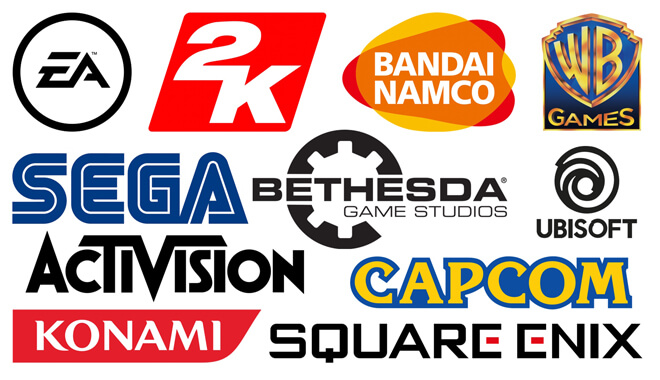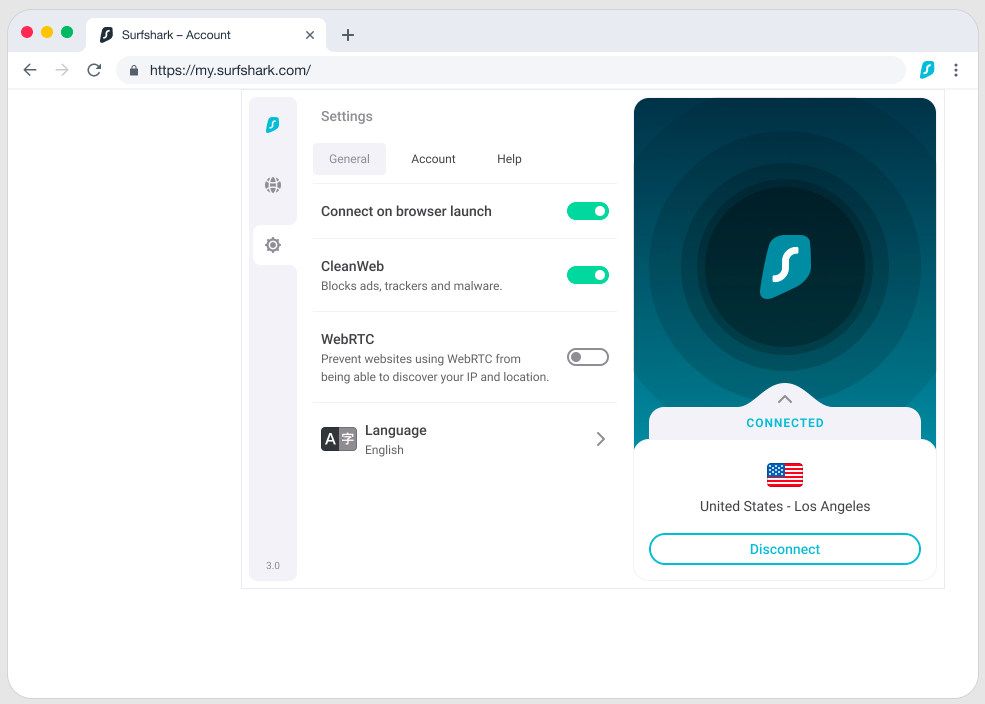The video game industry is an industry that has gained a significant amount of wealth and cultural influence over the years with the improvement of technology. They became an industry of this magnitude, because of their innovation and creativity. Multiple generations have grown up on video games and with them getting better and better each year more and more people will flock to video games as a form of entertainment rather than other traditional entertainment.
The Danger of Video Game Companies Privacy Rules
Video game companies have become the biggest players in the tech industry, with millions of people playing their games and using their platforms every day. A large part of the technological innovation around the world is coming from these giants like the GPUs being produced by Nvidia for video game users but having so many other uses. But, as these companies have grown in size and influence, they have also become increasingly focused on collecting and analyzing user data. This growth and influence has put them in a position that could wreak havoc with your data and has led to concerns about the privacy of their consumers and also the potential for abuse of this data by video game companies and other third parties.
One of the main dangers of video game companies’ privacy rules is the rise of surveillance capitalism. This is a term coined by author Shoshana Zuboff to describe a new form of capitalism in which companies profit by collecting and analyzing user data usually without their knowledge or consent. This can take many forms, such as tracking players’ movements, analyzing their gameplay habits, and even monitoring their conversations through in-game chat features
Although video game companies argue that this data collection is necessary for improving their games and providing better experiences for players, naysayers say that it comes at a steep cost to privacy. Players personal information such as their name, age, location, and gaming history which can be collected and used by companies for a variety of purposes like targeted advertising or even selling to third-party data brokers. Because they hold such large amounts of data its make a large for being hacked or someone leaking the data, which has happened in other industries such as social media and e-commerce. This could lead to serious privacy breaches, identity theft, and other forms of online harassment and exploitation.
The danger of video game companies’ privacy rules is a complex and multifaceted issue that requires careful consideration from both players and industry insiders alike. While there are certainly benefits to the data collection and analysis that these companies engage in, it is important to ensure that users privacy rights are respected and protected at all times. many gamer say we must demand transparency and accountability from video game companies, and hold them to high ethical standards when it comes to data privacy and security.
What their privacy polices say about what they do with your data
- Electronic Arts (EA): “We collect information about you when you use our products, including personal information, device information, and usage data…We use this information to provide and improve our products and services.”
- Ubisoft: “We may collect personal information, device information, and gameplay data…We may use this information to provide and improve our services, and to communicate with you.”
- Nintendo: “We may collect personal information, device information, and gameplay data…We use this information to provide and improve our products and services, and to communicate with you.”
- Valve Corporation: “We collect personal information, device information, and usage data…We use this information to provide and improve our services, to personalize your experience, and to communicate with you.”
- Blizzard Entertainment: “We collect personal information, device information, and usage information…We use the information we collect to provide, maintain, and improve our services, to develop new games and products, and to personalize our services to you.”
What they say about sharing with third-party services
- Blizzard Entertainment: “We may share your information with third-party service providers to the extent that it is reasonably necessary to perform, improve or maintain our services…We do not sell your personal information to third parties.”
- Electronic Arts (EA): “We may share information with third-party service providers that help us operate our services…We do not sell your personal information.”
- Ubisoft: “We may share your information with third-party service providers to assist us in providing and improving our services…We do not sell your personal information.”
- Nintendo: “We may share your information with third-party service providers who perform services on our behalf…We do not sell your personal information.”
- Valve Corporation: “We may share your information with third-party service providers that assist us in providing and improving our services…We do not sell your personal information to third parties without your consent
We talk third-party services and data laundering in depth in this article.
It very possible that gaming companies could use advanced data analytics and machine learning to understand and predict user behavior with their large amount data banks. This could be used to personalize gaming experiences, recommend games and products, and target ads more effectively.

